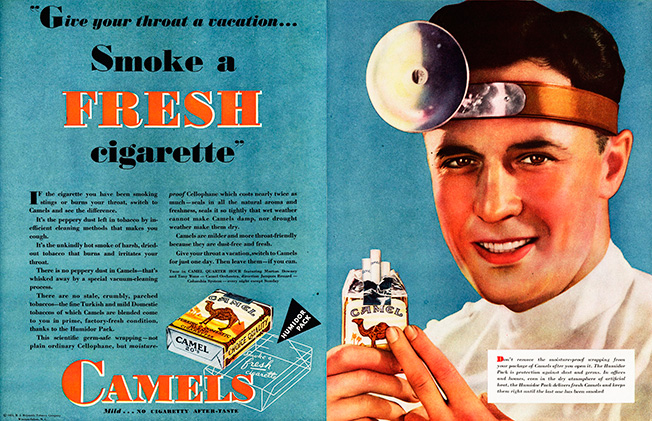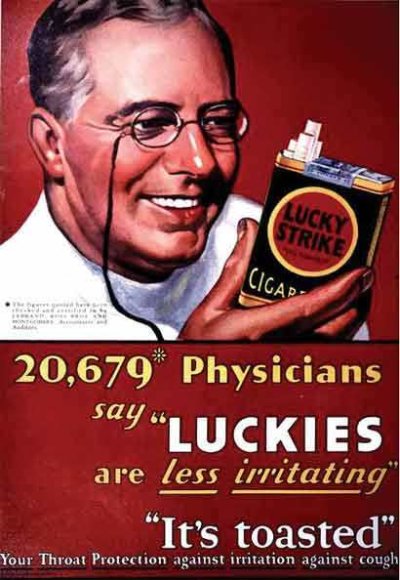SecondCor521
Give me a museum and I'll fill it. (Picasso) Give me a forum ...
I'm generally quite pro-vaccine. I'm fully vaccinated against everything (including all the stuff you have to get to visit India), and my kids are also.
I had my annual physical yesterday and asked my doctor a question about how to determine which vaccine was best for me. I was mainly asking because I know that there are various vaccines in development that use different techniques and I thought he might think one kind was better than another.
He surprised me by recommending I hold off for about two years (!), not due to initial safety concerns or lack of initial efficacy, and not due to general anti-vaccination concerns. He specifically mentioned that sometimes a virus will have genetic drift over the course of a few years and then those who were vaccinated would have some sort of immune hypersensitivity to the virus which could be fatal. He either used the term "hypersensitivity" or "hyperactivity" - not sure which as he was in a hurry to get to his next patient.
I like to avoid fatal events as much as the next guy. I also am generally unimpressed by conspiracy theories and this sounded a bit conspiracy-theory-adjacent to me. I also think this guy is generally a good doctor, but I'm revisiting that opinion as well due to these comments.
Anyone know what he was referring to here, and know what the current medical knowledge and opinion is on this type of thing?
I had my annual physical yesterday and asked my doctor a question about how to determine which vaccine was best for me. I was mainly asking because I know that there are various vaccines in development that use different techniques and I thought he might think one kind was better than another.
He surprised me by recommending I hold off for about two years (!), not due to initial safety concerns or lack of initial efficacy, and not due to general anti-vaccination concerns. He specifically mentioned that sometimes a virus will have genetic drift over the course of a few years and then those who were vaccinated would have some sort of immune hypersensitivity to the virus which could be fatal. He either used the term "hypersensitivity" or "hyperactivity" - not sure which as he was in a hurry to get to his next patient.
I like to avoid fatal events as much as the next guy. I also am generally unimpressed by conspiracy theories and this sounded a bit conspiracy-theory-adjacent to me. I also think this guy is generally a good doctor, but I'm revisiting that opinion as well due to these comments.
Anyone know what he was referring to here, and know what the current medical knowledge and opinion is on this type of thing?




